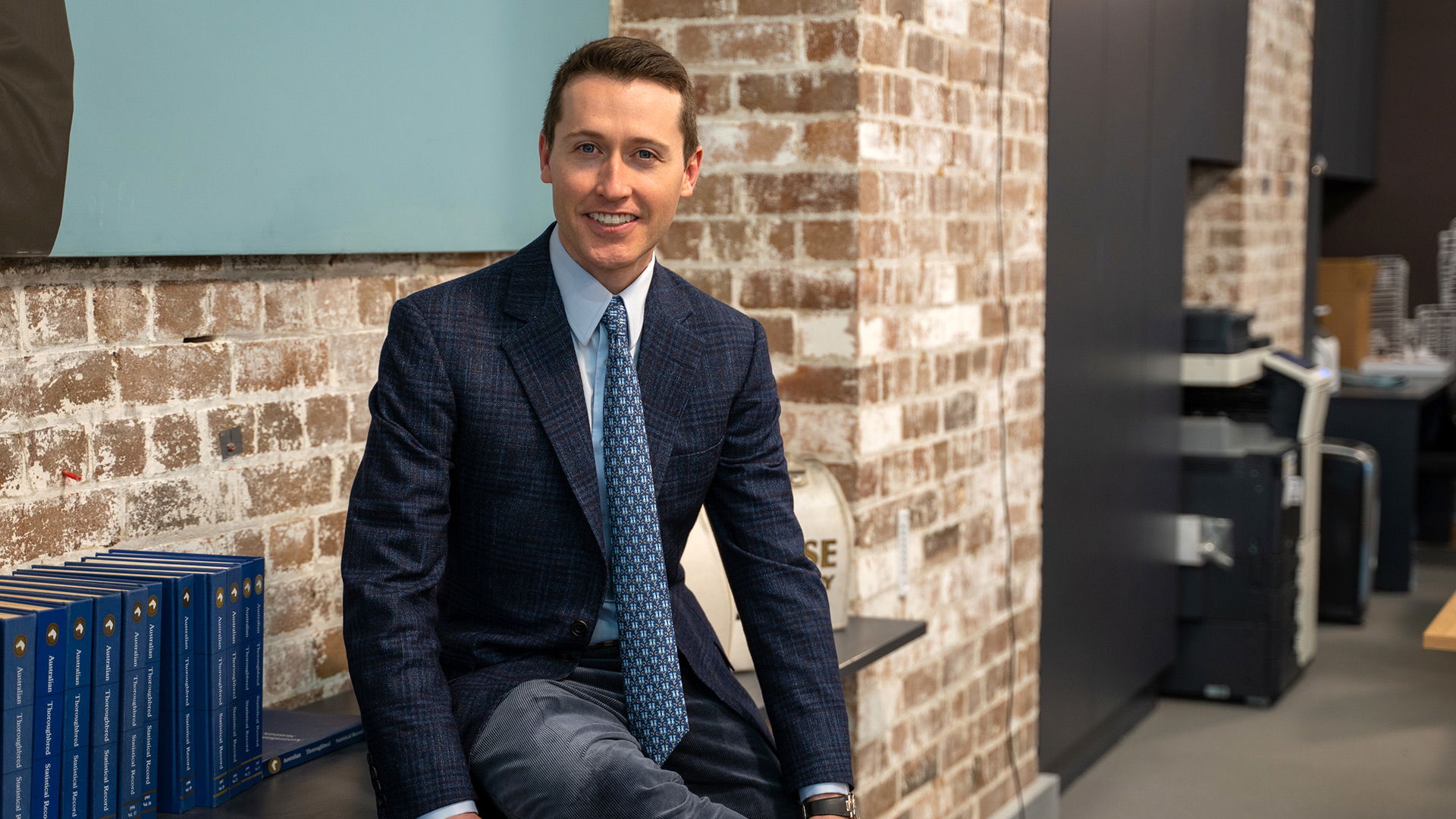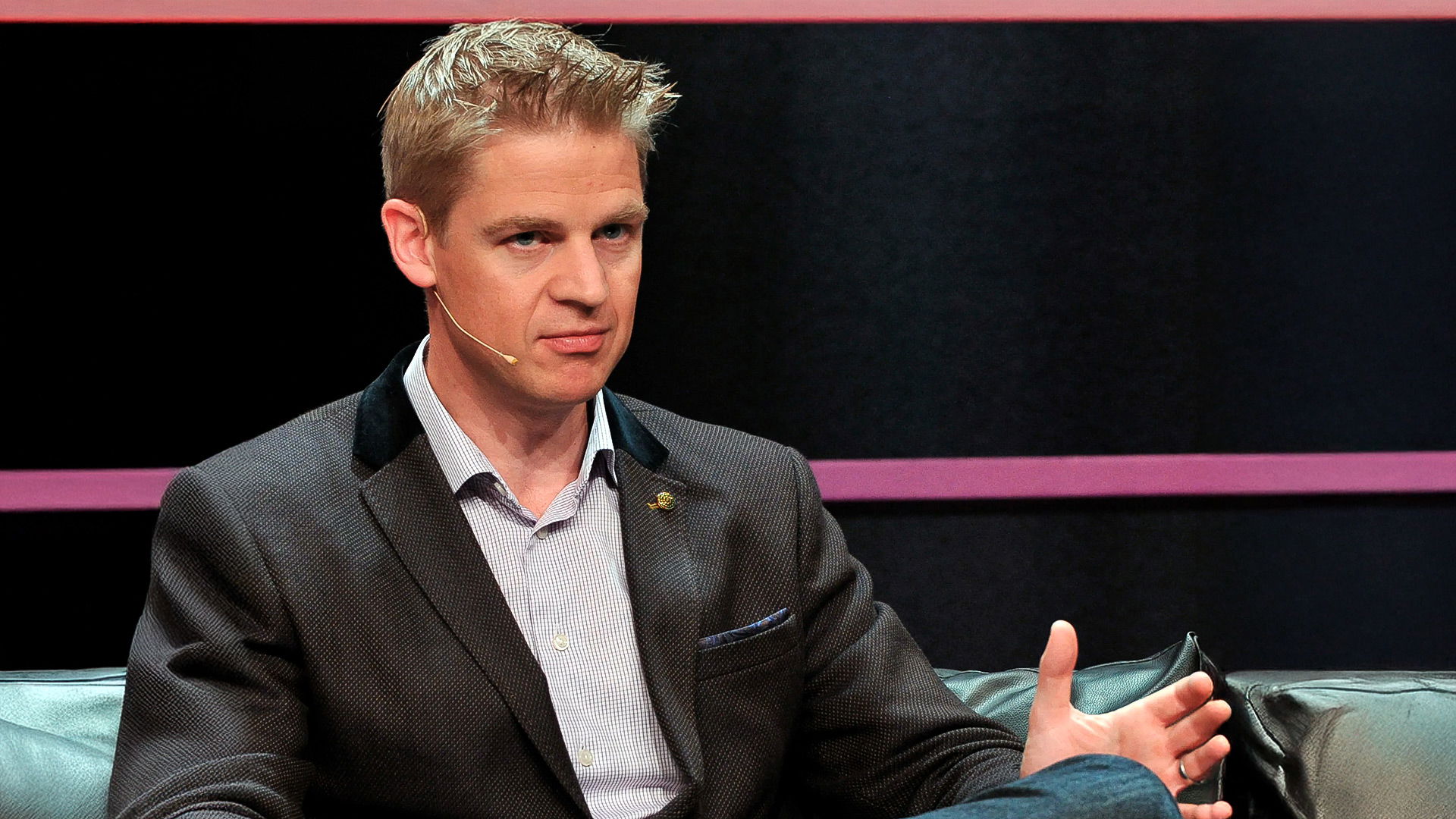Tech
Returning rare earth element production to the United States

ReElement Technologies signed an exclusive license to use patented Purdue University technologies to domestically refine and sell minerals critical in manufacturing modern, high-tech products for commercial and industrial use.
Representatives from ReElement Technologies, Purdue University, Purdue Innovates and industry have signed a license that allows ReElement to use patented technologies created in Purdue’s College of Engineering. The technologies will allow ReElement Technologies to domestically refine and sell minerals critical in manufacturing modern, high-tech products for commercial and industrial use. Standing from left are Sangtae Kim, the Jay and Cynthia Ihlenfeld Head of Chemical Engineering and Distinguished Professor, Davidson School of Chemical Engineering; Nien-Hwa “Linda” Wang, the Dr. Norman and Dr. Jane Li Professor in Chemical Engineering, Davidson School of Chemical Engineering; Mung Chiang, president, Purdue University; Mark Jensen, CEO, ReElement Technologies; Yi Ding, director of research and development, ReElement Technologies; Ben Wrightsman, president, ReElement Technologies; Brian Edelman, president, Purdue Research Foundation; Brooke Beier, senior vice president, Purdue Innovates; and Dan Hasler, founder and president, Hasler Ventures LLC.
Purdue Research Foundation photo/Vincent Walter
The license was signed during the Purdue Innovates Startup and Technology Expo 2024 at the Purdue University Memorial Union.
Sourcing rare earth and critical battery elements
Rare earth elements are foundational essentials in permanent magnets found in hard drives, electric vehicles, wind turbines and many other advanced applications. Critical battery elements such as lithium, nickel, cobalt and manganese power advanced energy efforts through battery technologies.
CEO Mark Jensen of ReElement said most rare earth and battery elements are obtained today from foreign countries, notably China.
“This is problematic for two reasons,” Jensen said. “First, not having a fully domesticated supply chain poses a national security concern. Second, traditional mining processes used in foreign countries are outdated and produce enormous amounts of pollution.”
Jensen said efforts to return rare earth and battery element production to the U.S. have been unsuccessful due to low labor costs in foreign countries.
ReElement President Ben Wrightsman said that even secondary uses and refining of rare earth elements depend on China.
“Rare earths are utilized globally, and yet nearly all roads lead from, through and back to China,” Wrightsman said. “It is imperative that we ensure a global ecosystem and establish independent versus limited-source, single-dependent, refining supply chains.”
Wrightsman said this partnership and technology deployment with Purdue will ensure the U.S. can gain a necessary independence for rare earths and critical minerals.
The Purdue rare earth elements innovation
Nien-Hwa “Linda” Wang, a researcher in Purdue’s College of Engineering, leads a team that developed innovative technologies to separate and purify rare earth and battery elements from a variety of sources including ores, postindustrial wastes and recycled magnets. Wang is the Dr. Norman and Dr. Jane Li Professor in Chemical Engineering in Purdue’s Davidson School of Chemical Engineering.
The innovations improve upon current industrial methods by using significantly less power and water and fewer hazardous chemicals while generating near-zero waste. They also have a higher extraction yield, higher purity, smaller footprint and higher efficiency than traditional industrial methods to source rare earth and battery elements.
About the license and commercialization
ReElement initially licensed Wang’s rare earth elements technology in 2021 from the Purdue Innovates Office of Technology Commercialization. The license agreement signed April 18 significantly expands the fields of use and allows the company to separate and purify rare earth and battery elements from any feedstock material.
The company has developed commercial-scale processes based on the Purdue technologies. It is constructing its first commercial facility in Marion, Indiana, with the expectation to initially hire 40-60 employees, eventually growing to over 250 full-time employees on-site. Production of rare earth elements and the company’s first sales are anticipated to begin in late 2024.
What they’re saying
Mark Jensen, CEO, ReElement Technologies: “ReElement and Purdue technology will ensure that finite resources and associated supply chains are now far more infinite and independent. These are both critical to supporting the advanced energy economy here in the U.S. and globally.”
Dan Hasler, founder and president, Hasler Ventures LLC: “Our economy and national security are totally dependent on separated and purified rare earth metals nearly solely produced in China. We’ve got to get serious about creating a domestic supply chain that ends with final high purity product, and this technology looks to be the enabler.”
Linda Wang, Dr. Norman and Dr. Jane Li Professor in Chemical Engineering, Purdue University: “My students and I are thrilled that ReElement Technologies is bringing this method to separate and purify rare earth and battery elements to the market. Its impact will be felt not only by industry but by people who care about the environment. There have been a lot of people who have worked with me, from the College of Engineering to the Purdue Innovates Office of Technology Commercialization, to funders at the state and federal level. Developing this technology has taken many years, but it is ready for the next giant leap of commercialization.”
Brooke Beier, senior vice president, Purdue Innovates: “The success story of ReElement commercializing Purdue-discovered technology is another example of how Purdue Innovates supports university researchers, industry and efforts to strengthen our national security. Our team worked with the lead inventor, Linda Wang, to vet and protect her intellectual property and worked with ReElement leadership to bring it to market and impact the state of Indiana’s economic development with new jobs.”










